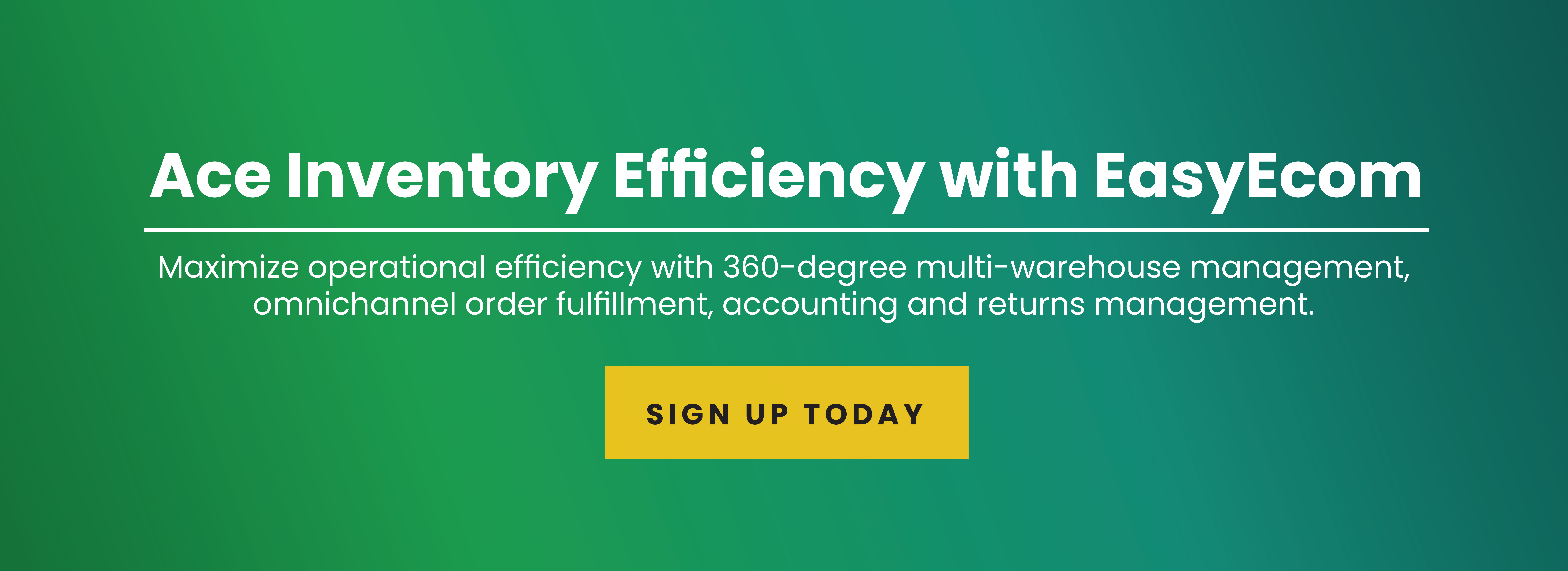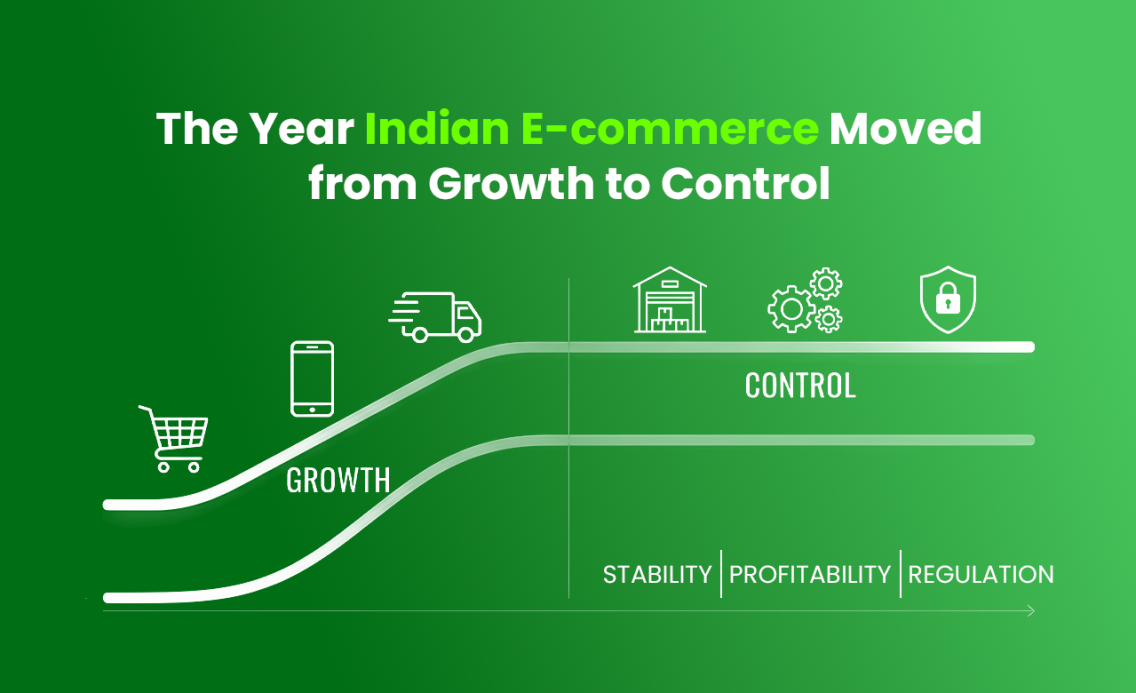E-commerce represents more than $3.5 trillion in sales globally and is still expanding with online shopping. With fewer entry hurdles, it's no more a game for a select few.
With fresh competitors appearing on a daily basis, only those that go above and beyond for their clients can stand out. Unsurprisingly, the same businesses, regardless of the competition, are successful in converting site visitors into first-time purchasers and customers into brand advocates.
As the e-commerce landscape continues to evolve, it’s important for online store owners to stay ahead of the curve when it comes to marketing. With so many different marketing techniques and strategies available, it can be overwhelming to choose the right one for your business. These techniques are proven to be effective, efficient, and easy to implement, making them ideal for businesses of all sizes and industries.
Influencer Marketing
Influencer marketing involves partnering with social media influencers to promote your products to their followers. These influencers have a large and engaged following, making them ideal ambassadors for your brand. By tapping into their existing audience, you can reach a new set of potential customers and increase your visibility.
For example, the fashion brand Fashion Nova has seen great success with influencer marketing. They partner with celebrities such as Cardi B, Megan Thee Stallion, and Jordyn Woods, who promote their products on social media. This approach has helped the brand reach new customers and increase its visibility. When a celebrity posts about Fashion Nova on their social media, their followers are likely to take notice and visit the brand's online store.
When choosing influencers to work with, it's crucial to select individuals who align with your brand values and have a following that matches your target audience. You should also consider the type of content they produce and the type of products they promote to ensure a good fit for your brand.
Considerations to Make When Selecting Influencers
- The Influencer's Account's Focus
- An Influencer's "Type" of Followers
- Rate of interaction and intended audience
Email Marketing
Email marketing is a highly effective marketing technique that allows you to communicate directly with your customers. By sending targeted and personalized emails to your subscribers, you can increase sales and customer loyalty. It's an excellent way to keep your customers engaged with your brand and promote your products.
A great example of email marketing done right is the cosmetics brand Glossier. They send out weekly newsletters to their subscribers, highlighting new products and promotions. By providing subscribers with exclusive access to promotions, the brand is able to drive sales and increase customer loyalty. Additionally, by sending personalized messages, Glossier is able to build a relationship with its customers and create a more personal shopping experience.
When creating an email marketing strategy, it's important to segment your list and tailor your messages to different groups of subscribers. This will help ensure that your messages are relevant to your audience and increase the likelihood that they will engage with your brand.
Content Marketing
Content marketing involves creating and sharing valuable and educational content that provides value to your audience without directly promoting your products. This type of marketing can help build trust with your audience and position your brand as a thought leader in the industry. It can include blog posts, videos, infographics, and more.
The eco-friendly brand Patagonia is a great example of a company that utilizes content marketing to engage with its audience. They regularly create content around sustainability and environmental activism to connect with their target audience. By creating content that is relevant and valuable to its target audience, Patagonia is able to build trust and establish itself as a thought leader in the industry. This, in turn, can help drive traffic to increase conversions and online shopping.
When creating content, it's crucial to understand your target audience and what they are interested in. This will help ensure that your content is relevant and provides value to your audience. Additionally, it's important to promote your content through multiple channels, including social media and email, to reach as many people as possible.
User-Generated Content
User-generated content (UGC) is a powerful marketing tool that allows you to leverage the enthusiasm and creativity of your customers to promote your products. By encouraging your customers to create content featuring your products, you can reach a wider audience, build brand loyalty, and establish yourself as a trusted brand.
For example, the fashion brand Nasty Gal used UGC to drive engagement and build brand awareness. The brand created a hashtag and encouraged its customers to share photos of themselves wearing Nasty Gal products. This UGC not only increased the brand's visibility but also helped build trust and credibility with potential customers.
To get started with UGC, you can run contests, create dedicated social media hashtags, or even incentivize customers to create content by offering discounts or rewards.
Referral Marketing
Referral marketing is a powerful way to promote your online store by leveraging the power of word-of-mouth. By incentivizing your customers to refer their friends and family to your store, you can reach a wider audience and build brand loyalty.
For example, mattress brand Casper used referral marketing to build brand awareness and increase sales. The brand offered its customers a discount on their next purchase in exchange for referring their friends and family to the store. This helped Casper reach a wider audience and build a strong brand image.
To get started with referral marketing, you can offer your customers a discount or reward for referring new customers to your store. You can also use referral marketing software to automate your referral campaigns and track the success of your efforts.
In conclusion, these are just a few of the many marketing techniques that you can use to promote your online store. By leveraging the power of social media, influencer marketing, UGC, email marketing, and referral marketing, you can reach a wider audience, build brand loyalty, and establish yourself as a trusted brand. With the right strategy and the right tools, you can take your online store to the next level and achieve your marketing goals.

.png)












